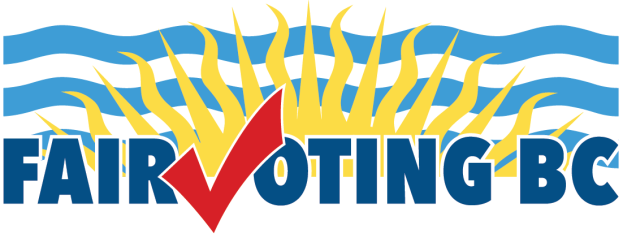The Disrupted 2018 Toronto Election
In the middle of the 2018 civic election in Toronto, Doug Ford’s government unilaterally cut the number of Toronto council seats from 47 to 25, completely disrupting the election.
The City of Toronto went to court to argue that by doing this, the provincial government “trampled on democracy“. The city argues that the move violated the constitutional rights of both local candidates and voters as the electoral process was disrupted mid-election leaving many city residents confused and unsure of who they could even vote for.
According to CTV, during the election, “a provincial judge found the law unconstitutional, saying it infringed on the free-expression rights of candidates by affecting their ability to campaign, and those of voters by denying them the right to cast a ballot that could result in effective representation,” which is required under s3 of the Charter in federal and provincial elections. A key question in this case was whether this charter right likewise applied to municipal elections.
Appeal Cases
However, the Ontario Court of Appeal stayed the original ruling, allowing the modified election to proceed, and then later (in 2019) confirmed their reversed ruling in a close 3-2 decision, so the City of Toronto appealed to the Supreme Court of Canada, where their appeal was heard in March 2021.
Fair Voting BC Intervenes
Fair Voting BC had an opportunity (on pretty short notice!) to file an intervention in the appeal to the Supreme Court, so we took advantage of that and filed an argument that the province’s behaviour in this case violated Canadians’ right to fair elections. If the court had accepted our reasoning, this could have led to related decisions about the lack of constitutionality of our current voting system at the provincial and federal levels.

You can see all the submissions in the case on the Supreme Court’s website. Fair Voting BC’s submission is here, and you can see our lawyer, Nicolas Rouleau, in action here (his argument runs for five minutes from about 1:10-1:15 in the webcast).
Supreme Court Ruling
Unfortunately, the Supreme Court upheld the Appeal Court’s reversal in a very close 5-4 decision (see discussion here) and clarified that the constitution does not grant voters any particular rights to vote in municipal elections under s3 of the Charter. This will likely preclude any direct challenge of unfair municipal voting systems based on s3 arguments, though municipal voting systems will continue to be able to be challenged on s15 grounds (i.e., violations of the requirement for equal treatment). On the positive side, the dissent was very strong, and indicates that the Supreme Court remains open to considering future challenges on different aspects of municipal voting laws, so it was valuable for Toronto to have brought this case (and for us to have intervened!).
Invitation to Support our Intervention
Because we had to decide quickly about intervening, we couldn’t do fundraising in advance, but decided that this case was important enough that we had to act anyways. Thanks to our lawyer, Nicolas, for taking a leap of faith with us, and a special shout-out to Borden Ladner Gervais for offering us significant pro bono support in getting all our documents filed so quickly. We still have some residual costs from that intervention, so if you can make a one-time donation to help us cover those costs (about $5000), we’d really appreciate it – just use the button below.
